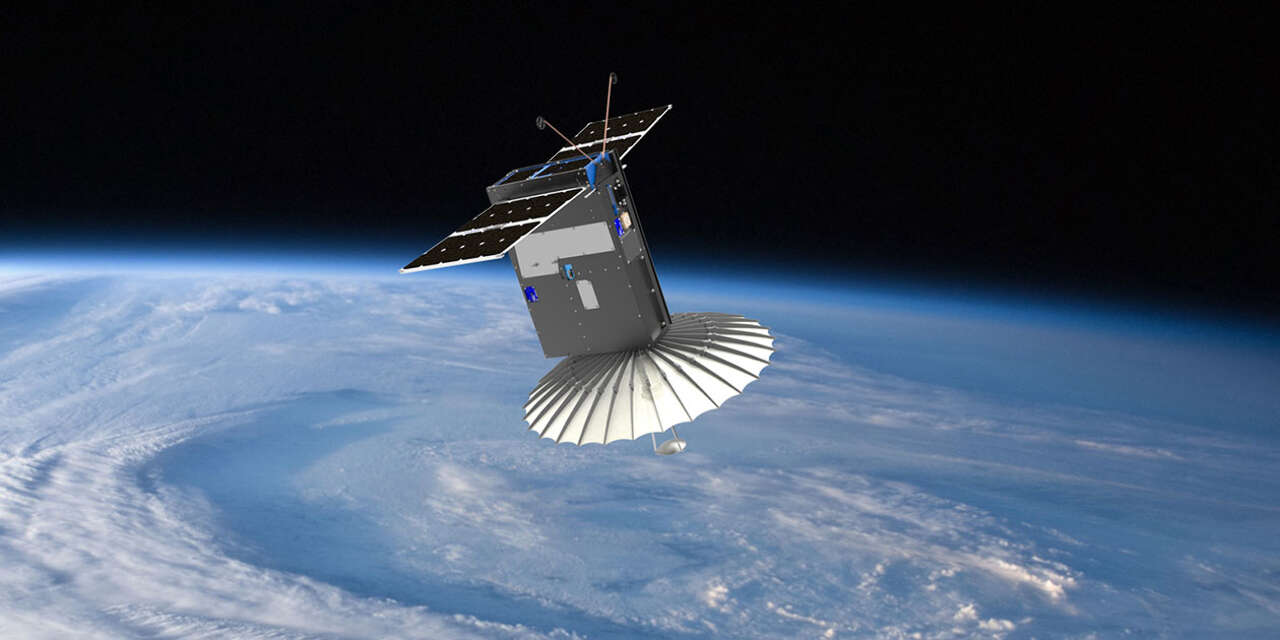Overview
Overview
Geospatial intelligence is the field of extracting actionable knowledge from location-based data. It helps urban planners to make informed site selections; conservationists to predict impacts from climate change; agriculturalists to improve paddock management decisions; and geologists to construct models to narrow the exploration search space.
In this course you'll increase your knowledge of geospatial intelligence and strengthen your skills in geospatial analytics, location-allocation, dataset integration and modelling of multiple datasets. You'll also learn how to write scripts to automate complex tasks.
In your second year, you'll undertake a critical literature review and complete a significant research project on a chosen topic.
You'll graduate with skill sets that combine remote sensing, geographic information systems (GIS), data management, visualisation and other geospatial tools that enable you to describe, analyse, dissect and interpret large, diverse datasets.
This is a nested course that is suitable for those seeking to boost or change their career. The graduate certificate and graduate diploma courses are stepping stones to this master course.
See our handbook for more course information.
What you'll learn
- apply advanced principles of geospatial technology to a range of application areas
- critically analyse spatial data and issues to devise novel and appropriate solutions
- investigate and select appropriate datasets/imagery and software to analyse, transform, and present findings using methods suitable to specialist and non-specialist audiences
- recognise and be engaged in spatial issues that occur in other countries and/or on global scales
- appreciate and interact with people across different cultures and respect different perspectives
- collaborate with industry to develop professional initiative, problem solving ability, team and communication skills as well as gain exposure to real-world, location-based, problems
